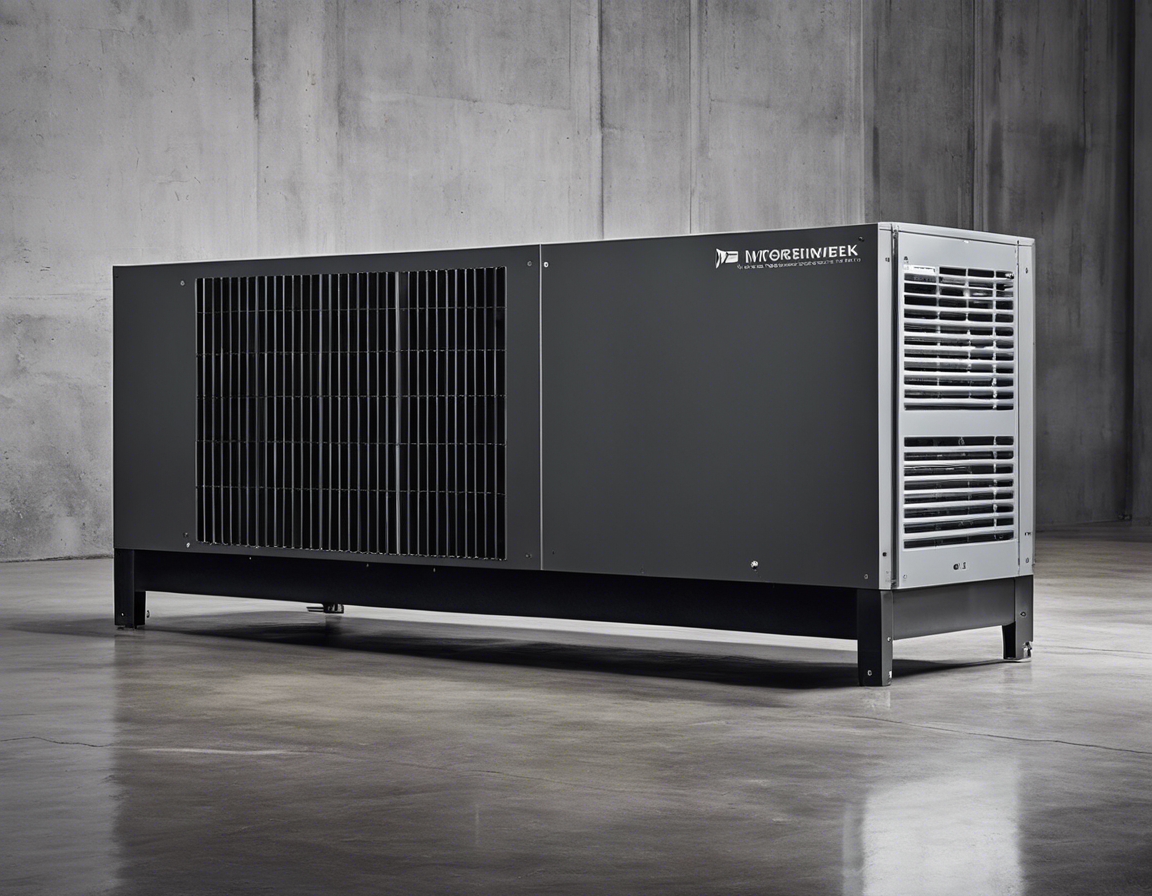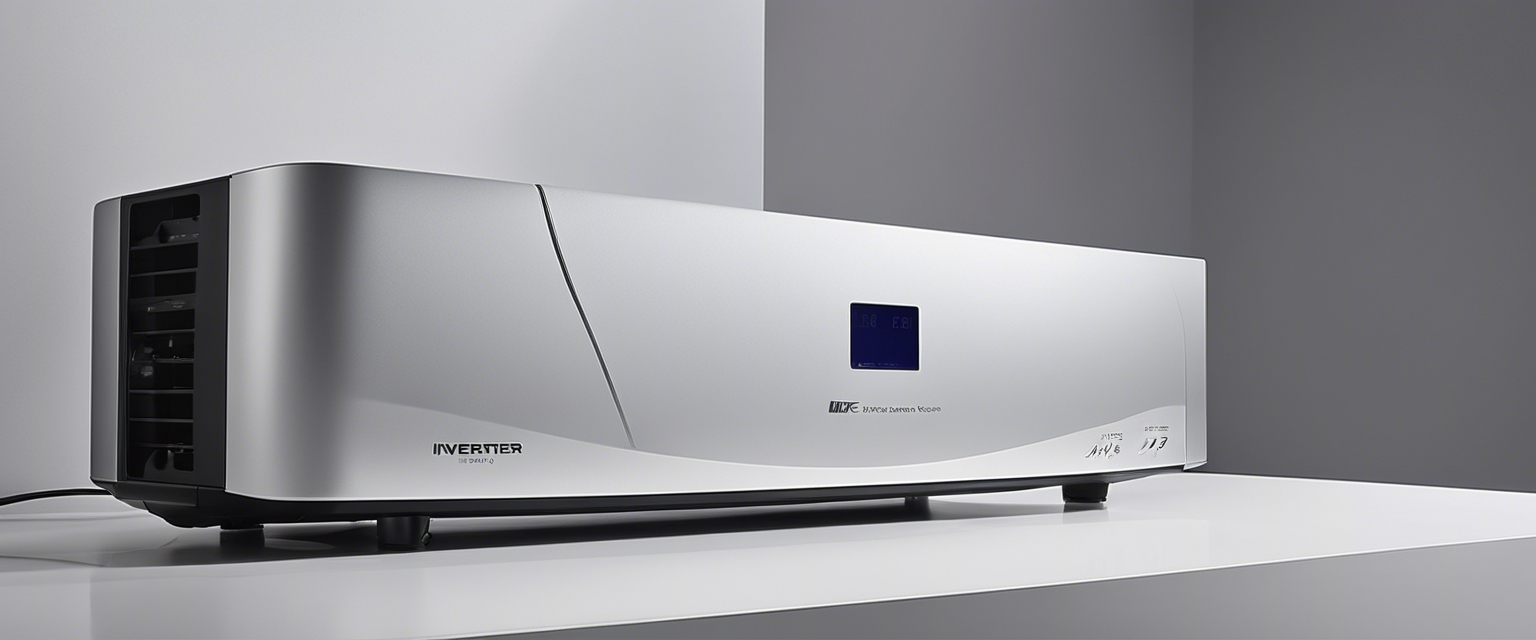5 ways inverters can revolutionize your energy use
Inverters are critical components in the modern energy landscape, serving as the bridge between direct current (DC) energy sources and the alternating current (AC) power that runs our homes and businesses. They convert the DC power generated by renewable energy sources, like solar panels and wind turbines, into usable AC power.
Energy efficiency is no longer a luxury but a necessity in our rapidly changing world. With the increasing demand for sustainable living and the need to reduce our carbon footprint, efficient energy use has become a cornerstone of modern environmental responsibility.
1. Maximizing Renewable Energy Utilization
One of the most significant benefits of inverters is their ability to seamlessly integrate with solar panel systems. Inverters ensure that the power generated by solar panels is optimized for household or business use, maximizing the potential of solar energy.
Advanced inverter systems can store excess energy in batteries for later use, ensuring that no solar power goes to waste, even when production exceeds consumption.
2. Enhancing Energy Independence
Inverters can help households and businesses become more energy independent by reducing their reliance on the traditional power grid. This not only provides security against power outages but also can lead to significant cost savings on energy bills.
With the right inverter setup, users can maintain critical power during outages, ensuring that essential services and appliances remain operational.
3. Improving Energy Efficiency in Homes and Businesses
Modern inverters come with smart technology that can manage energy flow efficiently, reducing waste and optimizing energy use based on real-time demand.
By managing when and how energy is used, inverters can minimize energy waste, contributing to lower energy bills and a reduced environmental impact.
4. Supporting the Transition to Electric Vehicles (EVs)
Inverters enable the use of solar energy to charge electric vehicles, making the process more sustainable and cost-effective.
Some inverters support V2G technology, allowing electric vehicles to return energy to the grid during peak demand times, which can provide additional income or credit to the vehicle owner.
5. Contributing to a Sustainable Future
Inverters play a crucial role in reducing the carbon footprint of energy consumption by facilitating the use of clean, renewable energy sources.
As a key component in renewable energy systems, inverters support the broader adoption and growth of green technologies, driving us towards a more sustainable future.






Comments (0)